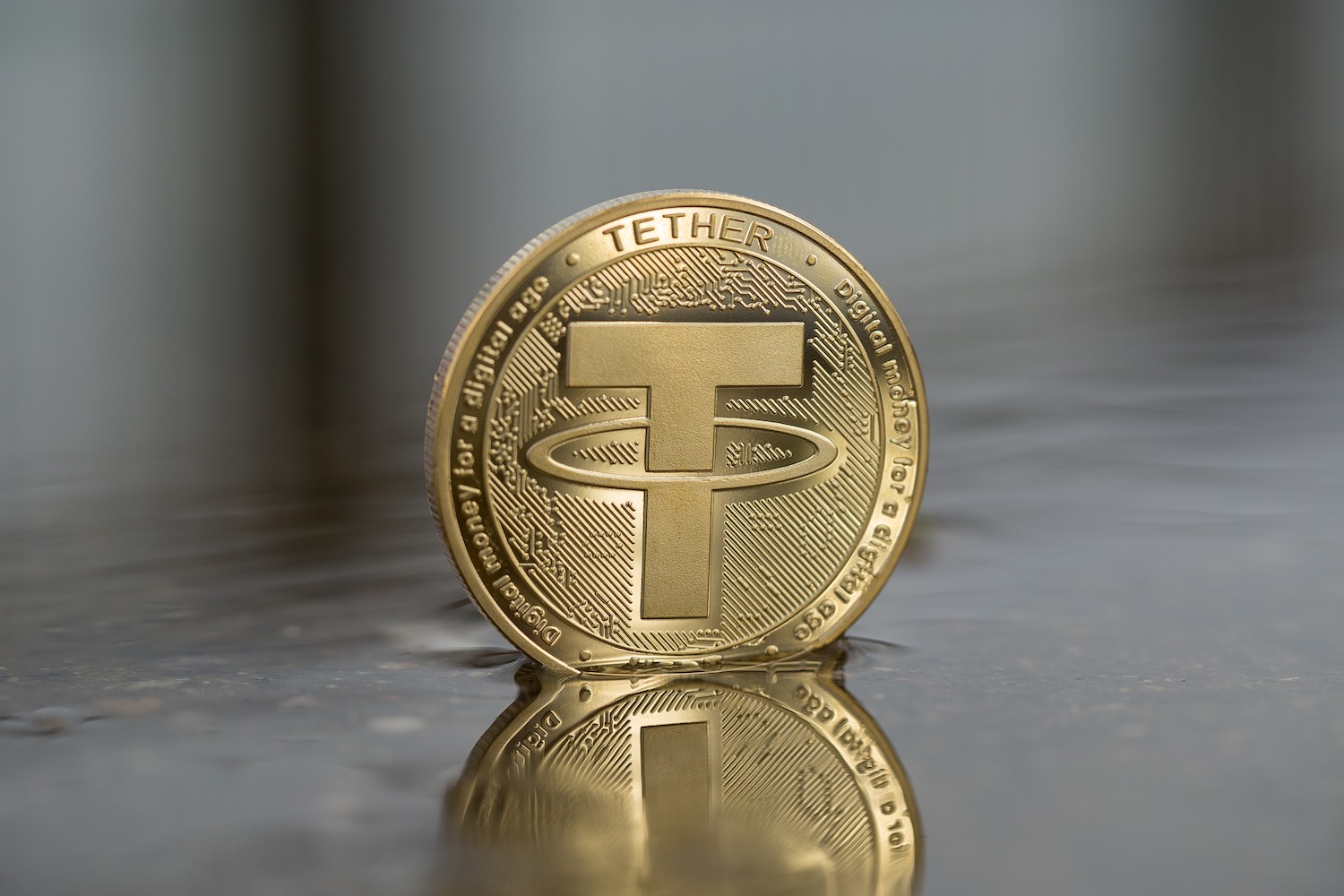Tether Moves to Boost Transparency with Full Audit Amid Growing Concerns
22.03.2025 18:00 2 min. read Alexander Stefanov
Tether, the issuer behind the popular USDT stablecoin, is reportedly in talks with a top accounting firm to initiate a comprehensive audit of its asset reserves to confirm the 1:1 backing of its tokens.
This move follows increasing concerns about the company’s lack of third-party audits, which had previously raised questions about the potential for a liquidity crisis similar to the collapse of FTX.
Paolo Ardoino, Tether’s CEO, expressed confidence in the audit process, stating that under a pro-crypto administration, such as that of Donald Trump, major accounting firms would be more likely to collaborate with Tether. He emphasized that the audit is a priority for the company. While Tether has previously been subject to quarterly reports, it has never undergone a full independent annual audit, which would offer greater assurance to both regulators and investors.
Although Ardoino did not disclose which of the Big Four firms—PwC, EY, Deloitte, or KPMG—would be chosen for the audit, the company’s efforts come as it seeks to increase transparency. Tether’s USDT has long maintained a claim of being fully backed by reserves that match its circulating supply, comprising traditional currencies and cash equivalents. This has been an ongoing point of contention, with critics like Justin Bons, founder of Cyber Capital, warning that Tether’s lack of proof for its $118 billion in collateral poses a significant risk to the crypto ecosystem.
In preparation for this full audit, Tether appointed Simon McWilliams as chief financial officer earlier this year. However, scrutiny around the stablecoin has continued to grow, especially after Tether faced a $41 million fine in 2021 for misleading regulators about the true nature of its reserves. More recently, the company has expressed frustration over new European regulations that have caused exchanges like Crypto.com to remove USDT from their platforms.
-
1
Polygon Breaks from Decentralization as Sandeep Nailwal Assumes Full Control
11.06.2025 20:00 2 min. read -
2
Nvidia CEO Urges UK to Invest in AI Infrastructure or Risk Falling Behind
10.06.2025 9:00 1 min. read -
3
KuCoin Plants Its Flag in Bangkok With a Licensed Thai Exchange
14.06.2025 13:00 1 min. read -
4
Why Gold Could Be the Smart Play Amidst US Debt Surge
11.06.2025 11:00 1 min. read -
5
Warren Buffett Narrows His Bets as He Prepares to Step Down
14.06.2025 16:00 2 min. read
Coinbase Surges 43% in June, Tops S&P 500 After Regulatory Wins and Partnerships
Coinbase has emerged as the best-performing stock in the S&P 500 for June, climbing 43% amid a surge of bullish momentum driven by regulatory clarity, product innovation, and deeper institutional interest in crypto.
What Brian Armstrong’s New Stats Reveal About Institutional Crypto Growth
Coinbase CEO Brian Armstrong has spotlighted a significant acceleration in institutional crypto adoption, driven largely by the surging popularity of exchange-traded funds and increased use of Coinbase Prime among major corporations.
Whales Buy the Dip as Retail Panics: This Week in Crypto
The latest market turbulence, fueled by geopolitical tensions and investor fear, offered a textbook case of how sentiment swings and whale behavior shape crypto price action.
What Will Happen With the Stock Market if Trump Reshapes the Fed?
Jefferies chief market strategist David Zervos believes an upcoming power shift at the Federal Reserve could benefit U.S. equity markets.
-
1
Polygon Breaks from Decentralization as Sandeep Nailwal Assumes Full Control
11.06.2025 20:00 2 min. read -
2
Nvidia CEO Urges UK to Invest in AI Infrastructure or Risk Falling Behind
10.06.2025 9:00 1 min. read -
3
KuCoin Plants Its Flag in Bangkok With a Licensed Thai Exchange
14.06.2025 13:00 1 min. read -
4
Why Gold Could Be the Smart Play Amidst US Debt Surge
11.06.2025 11:00 1 min. read -
5
Warren Buffett Narrows His Bets as He Prepares to Step Down
14.06.2025 16:00 2 min. read


